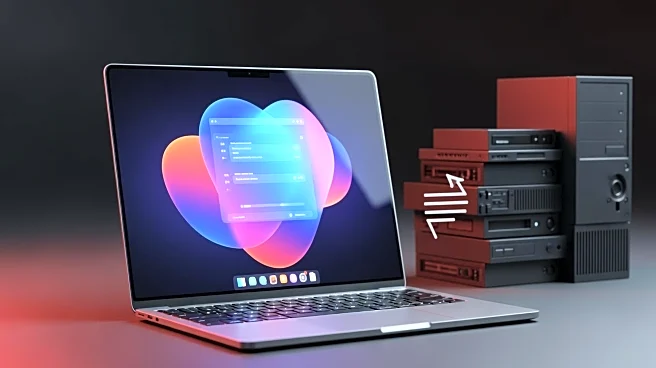What's Happening?
As support for Windows 10 ends, many PCs do not meet the hardware requirements for Windows 11, prompting users to seek alternative operating systems. Chrome OS Flex and Linux are presented as free options that can extend the life of older hardware. Linux offers
a local operating system experience, while Chrome OS Flex focuses on cloud-based operations. Both systems provide a user-friendly interface similar to Windows, allowing users to continue using their computers productively and securely without incurring additional costs.
Why It's Important?
The availability of free operating systems like Linux and Chrome OS Flex provides a cost-effective solution for users with older PCs, reducing electronic waste and extending the lifespan of existing hardware. This shift could impact the market dynamics for operating systems, encouraging more users to explore alternatives to Windows. The transition to these systems also highlights the growing importance of cloud-based computing and open-source software, which offer flexibility and security for users seeking to move away from traditional operating systems.
Beyond the Headlines
The move towards alternative operating systems reflects broader trends in technology adoption, where users prioritize sustainability and cost-effectiveness. This development may influence how software companies approach product development, focusing on compatibility and accessibility for a wider range of devices. Additionally, the shift could lead to increased interest in open-source communities, fostering innovation and collaboration in software development.














